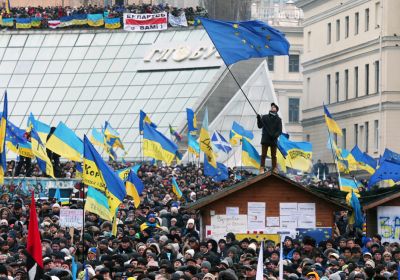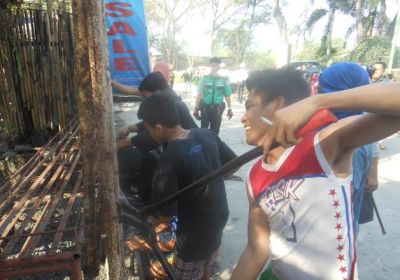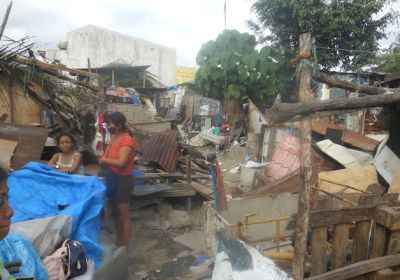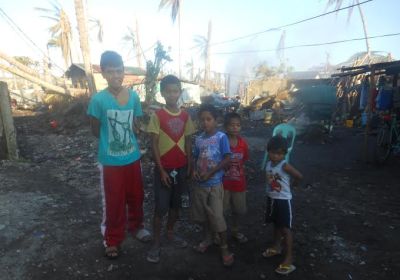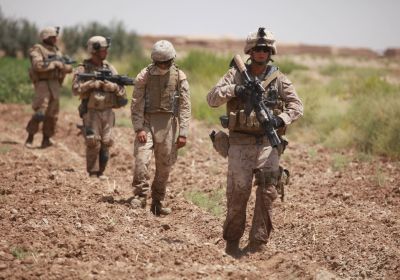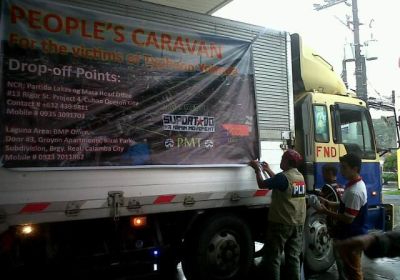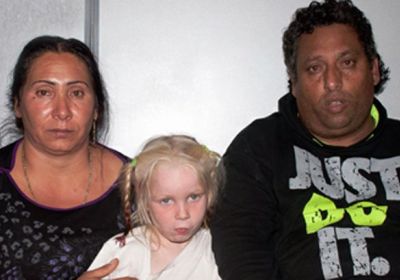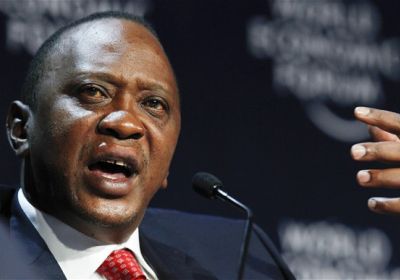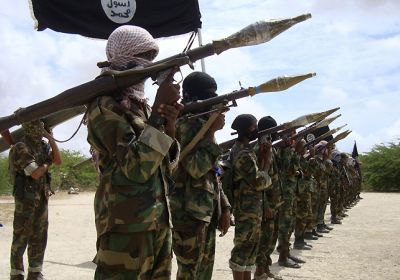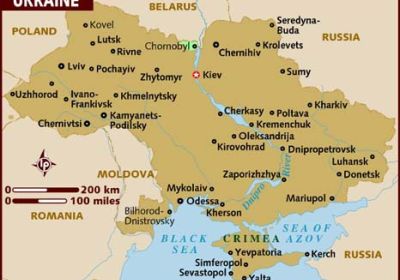
Russian President Vladimir Putin announced legislation on March 18 accepting the formerly Ukrainian Republic of Crimea and City of Sevastopol into the Russian Federation. The legislation was passed by the Russian Duma (parliament) on March 20.
Crimea and Sevastopol had voted in a March 16 referendum to leave Ukraine and join Russia. This was the culmination of a process that began after the February 21 overthrow of unpopular Ukrainian president Viktor Yanukovich by protesters in the capital Kiev.
